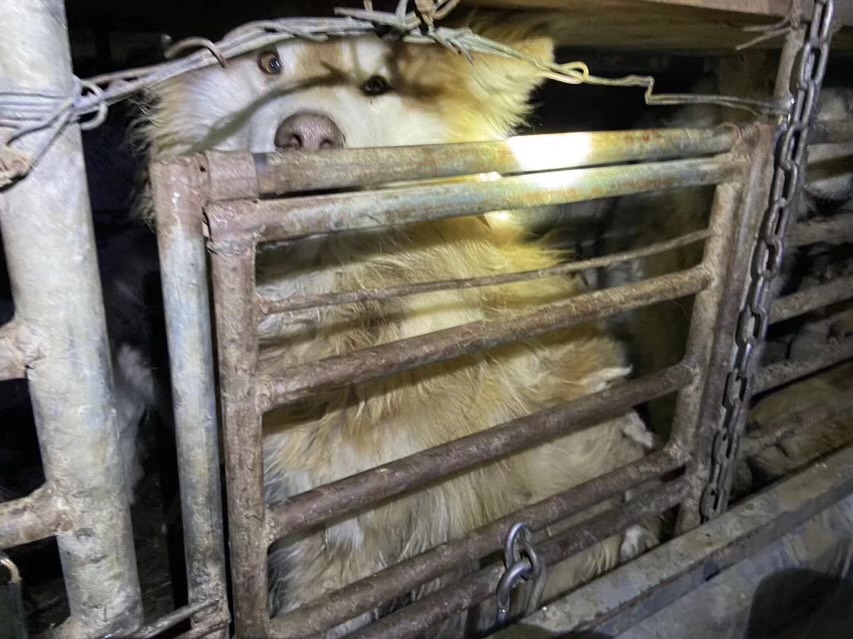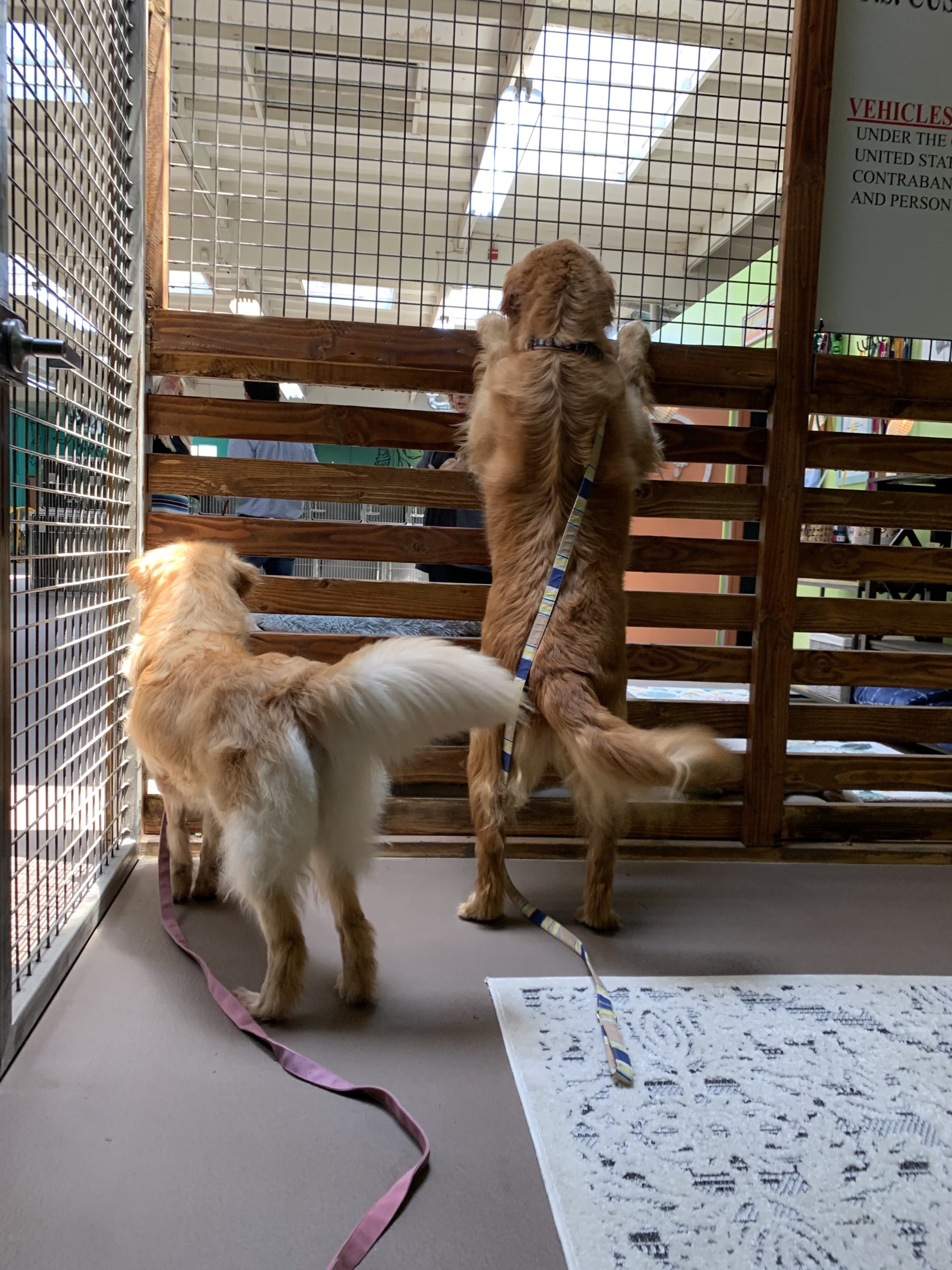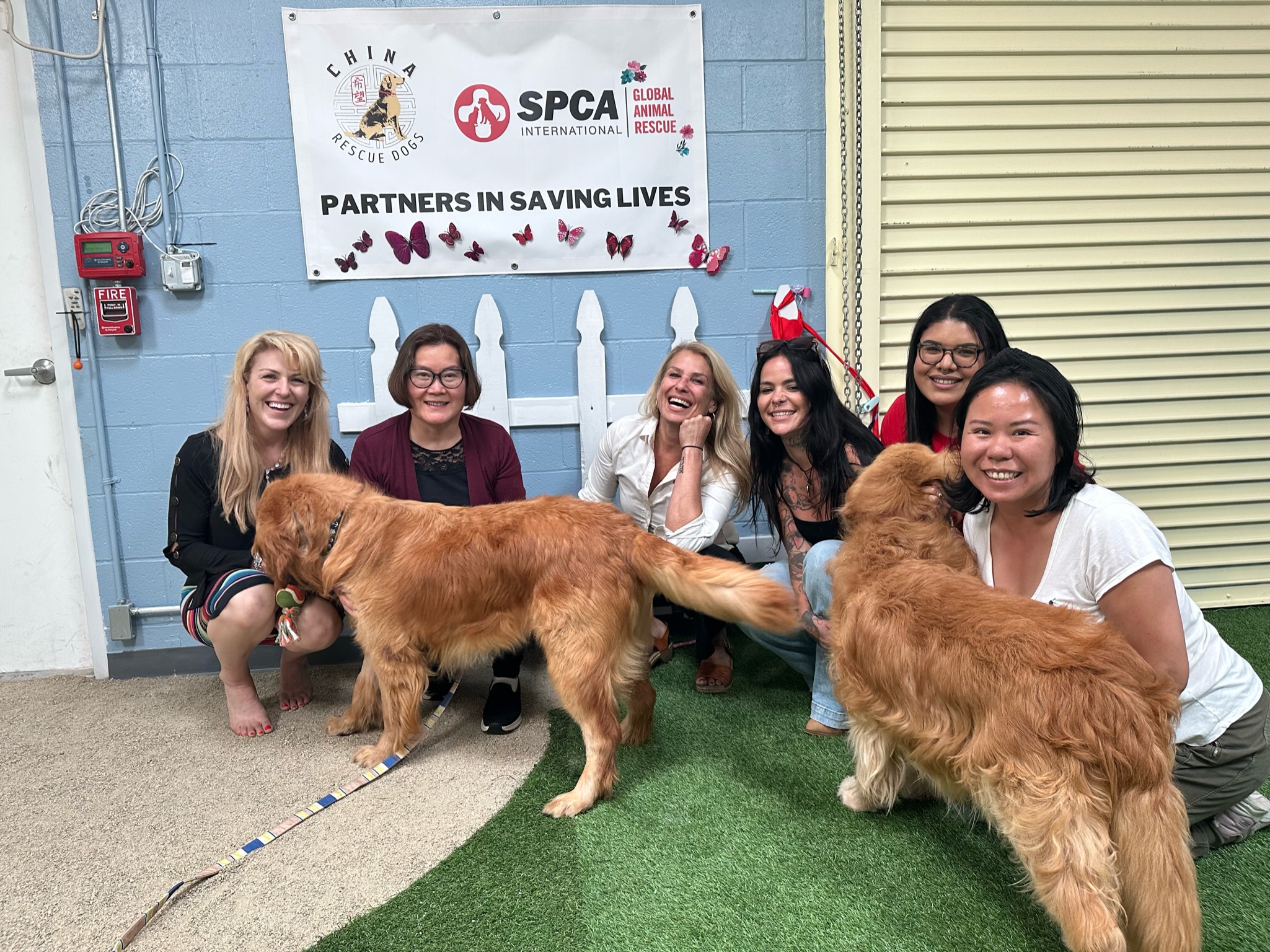Animals Today Radio

Animals Today July 31, 2023. Negative consequences of dog breed stereotypes. Dogs rescued from the Yulin meat festival flown to their new lives. Names of groups of animals.
Lori begins the show by taking on the still controversial topic of laws and regulations aimed at specific dog breeds, generally referred to as breed specific legislation. There are hundreds of such laws and regulations on the books across the US, which regulate or ban certain dog breeds. Breed specific legislation (BSL) typically targets pit bull type dogs. Those in favor of BSL say it’s necessary to ensure the public’s safety and argue that such legislation protects citizens from vicious and dangerous dogs.
Lori goes on to explain how the assumptions inherent in these types of laws are faulty and discriminatory and outlines the negative consequences that flow from them. A primary problem with breed specific bans or restrictions is that they rely upon the visual appearance and physical traits of a dog to designate them as a certain breed. But numerous studies have shown that one can’t reliably determine the breed or mix of breeds of a dog based upon the visual appearances. Only DNA testing is able to accurately determine the genetic makeup of a dog.
Also, the laws do not take into account the actual behavior of individual dogs. And there is new research showing that the dog’s breed is not a good predictor of the dog’s behavior. It is the experiences of the dog, the environmental factors and the training that are most responsible for the individual characteristics of a dog.
Moreover, we now know that legislation that restricts dogs based on appearance does not reduce dog bites or dog attacks in communities where the laws are in effect. And of course, the existence of these very laws, however misguided and ineffective, reinforce the beliefs that certain dog breeds are just too risky to be around, because they are inherently dangerous.
As a consequence, more of these dogs populate shelters, they are euthanized at high rates, and they become less frequently adopted by the public at large. They are stigmatized and the taint is pervasive. And the downstream effects of stigmatizing dogs (pit bulls especially) are broad, including restrictions placed upon renters by landlords, regulations and limitations placed by homeowner’s associations, limitations on homeowners’ insurability, and so on.
In certain restrictive jurisdictions, one might even be forced to relinquish or give away one’s dog.
So, experts now agree that breed specific legislation and similar policies that restrict dogs based on appearance do not reduce dog bites in communities or enhance public safety. And finally, there is a gradual but slow-moving trend to easing some of the laws and restrictions related to breed discrimination, as the science is more clear than ever against any rationale for restricting or banning dogs based on their appearance.
Lori calls for revocation of laws and regulations against dogs based on breeds, and emphasizes that if the goal is to reduce dog bites and dog attacks in our communities, perhaps funds and resources would be best used on education and on regulation that targets irresponsible dog owners, dog breeders and animal abusers.
Then Peter welcomes Lori Kalef Director of Programs at SPCA International to speak about China’s Yulin dog meat festival and the successful rescue of 21 dogs from certain death. This long running annual event attracts many international visitors, during which an estimated 10,000 dogs are slaughtered and consumed. US based China Rescue Dogs, Partnering with SPCA international coordinated the effort, with vital assistance of rescue groups and dedicated animals lovers in China and stateside to give a few of the lucky dogs what they all deserve: and safe, happy life as our treasured companions.
Kalef details the logistical challenges that were met, the teamwork and coordination employed by a small army of volunteers, organizations, and financial supporters. SPCA International funded the freedom airline flight with a $50,000 Shelter Support grant to China Rescue Dogs. Despite public outcry, the controversial festival continues its horrific practices of torture. Kalef expects this small group of saved dogs will continue to bring greater attention to China’s awful practice, ultimately helping to bring about its end.
To conclude, there are many colorful and descriptive names designating a group of a particular type of animal. You could call a group of geese a gaggle, a bunch of kangaroos a mob, but how about some porcupines?? Test yourself and have fun!

Photo: SPCAI

Photo: SPCAI

Photo: SPCAI


Photo: SPCAI






 Visit Podcast Website
Visit Podcast Website RSS Podcast Feed
RSS Podcast Feed Subscribe
Subscribe
 Add to MyCast
Add to MyCast